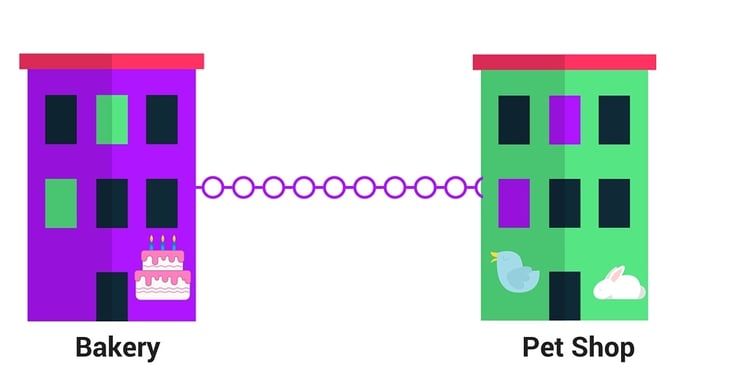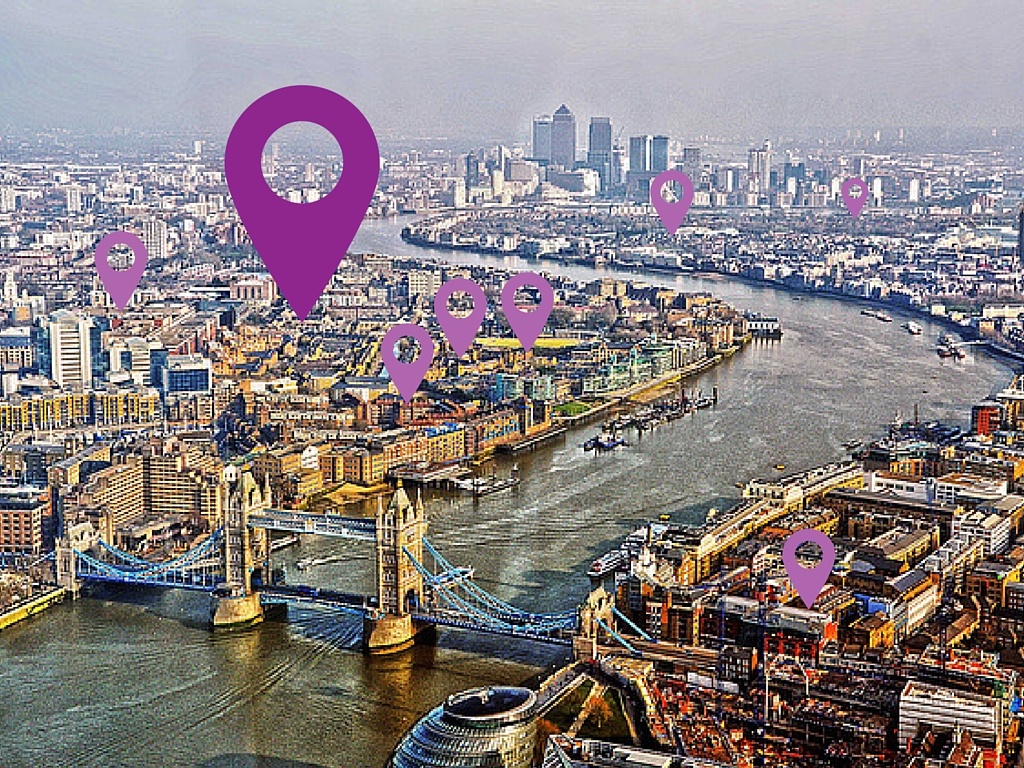A question we often get when talking about “social selling” is how often you should share content...
Relevancy is key when looking for outreach opportunities. Whilst your gut instinct will be to always reach out to high domain authority and busy traffic sites, sometimes you have to ask yourself: are those sites relevant to my website?

Google has changed dramatically over the years, I’m not just talking about their logo changes but rather the way it works behind the scenes. Google’s core algorithm updates have changed how the search engine works and how it ranks sites.
You’ve seen how Google is catering to more mobile users by increasing mobile friendliness as a ranking factor.
Along with being mobile friendly, Google is working towards finding the best and most relevant search results for its users. This is where link relevancy comes into the picture…
What does link relevance mean?
One of the ways Google understands your website is by your links. Google looks at what sites you’re linking to, what sites are linking to you and your internal linking. By looking at your links, it can understand what your business is. Along with understanding your niche, it can comprehend what services/ products you offer.
Link relevancy (or link relevance) is the relevance of your links. Your site must be linking to sites that are relevant to your business or niche.
For example: If you’re a bakery shop that specialises in creating bespoke cakes, you should be outreaching to other sites in your industry for outreach opportunities. If relevant sites, like what your site offers are linking to you, it makes your site more relevant because you’re joining a link network of other sites in a similar niche to yours.
 As a bakery shop, getting a link from a pet shop would not be relevant.
As a bakery shop, getting a link from a pet shop would not be relevant.
This is why anchor texts links are important, your links and your text helps Google understand your business. So, when people are searching for answers to their queries, Google will consider if your site offers the most relevant answers.
If you have a bakery site that specialises in bespoke cakes, you want to outreach to sites like:
- Other bespoke bakery shops
- Specialist bakery ingredients
- Inspirational cake displays
These are just a few examples, but linking to (and getting links from) other sites that are within your niche category helps Google understand your site. Having relevant links is a ranking factor that can help you improve your keyword rankings.
Since link relevancy is so important for SEO, how can you improve your relevancy?
Google has said it will penalise sites that buy links or take part in link exchanges. They have said, “The best way to get other sites to create high-quality, relevant links to yours is to create unique, relevant content that can naturally gain popularity in the Internet community.”
There are a couple of ways you can increase the relevance of your links:
1) Outreach to relevant sites
When creating your link earning strategy, find other sites that are relevant to your niche. You should be targeting websites that have a similar audience or solve similar queries.
Of course, it’s always important to look at their Domain Authority. Contacting spammy and penalised sites can reduce your DA and make your site vulnerable to penalties too.
2) Write helpful content
One of the best ways to get people interested in your site is to write helpful and educational content. Answering common queries and providing fresh content will naturally prompt people to share.
Link relevancy is important but don’t forget the other ranking factors…
Having relevant links is beneficial to your SEO but there are other ranking factors you need to consider when optimising your site. Don’t worry, our checklist covers all the SEO factors you must optimise to improve your site ranking. It’s free to download:


